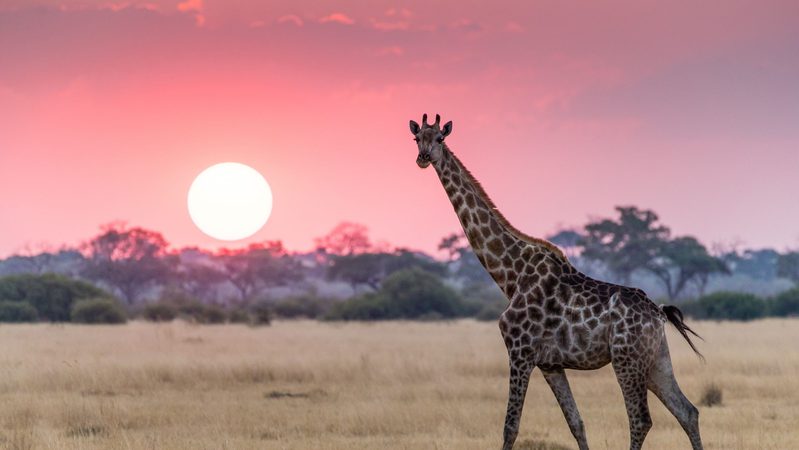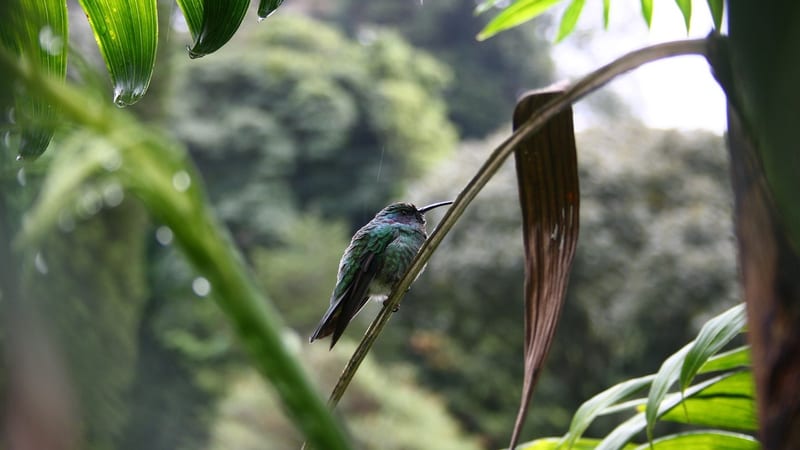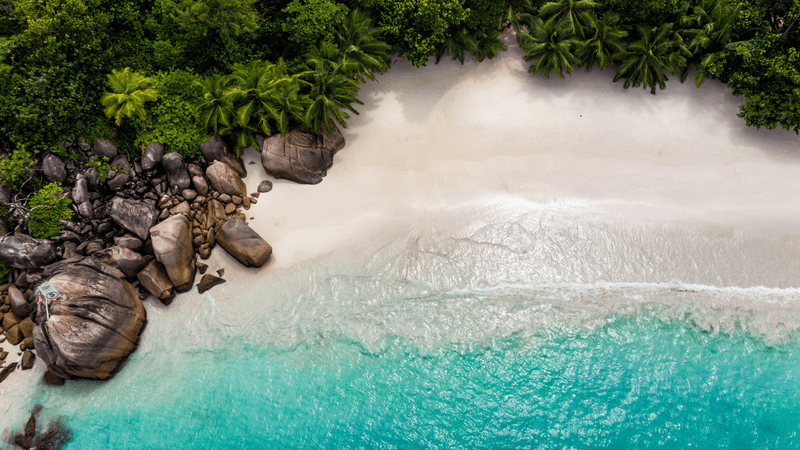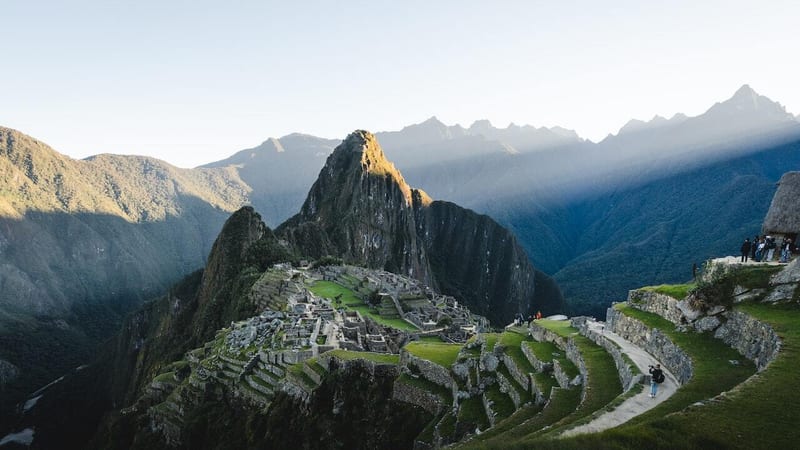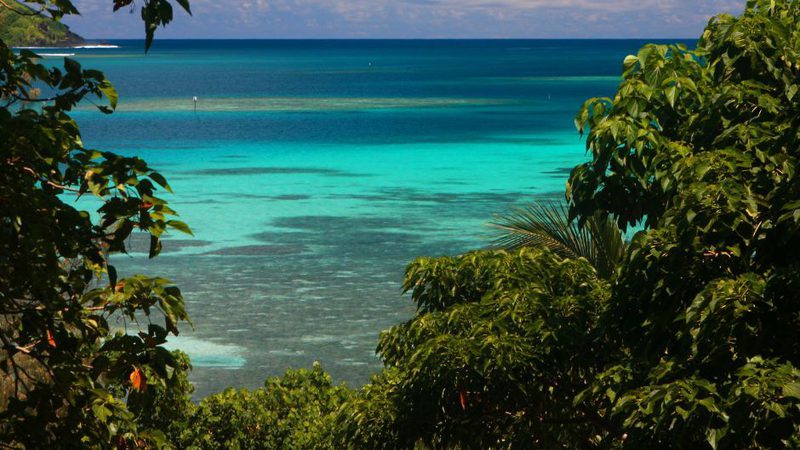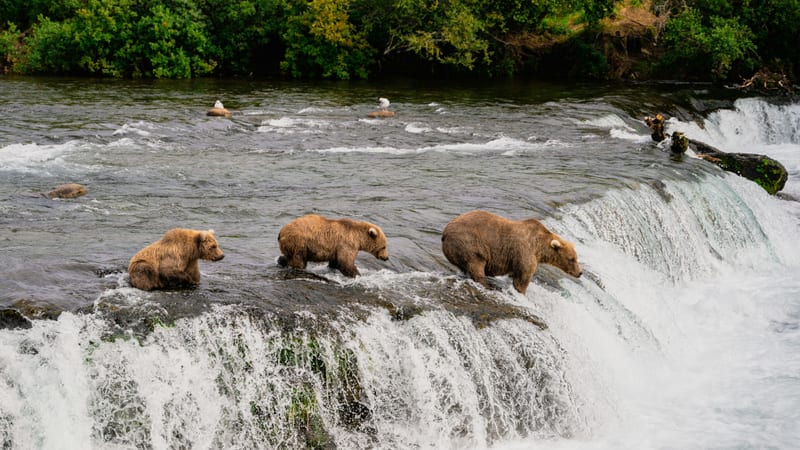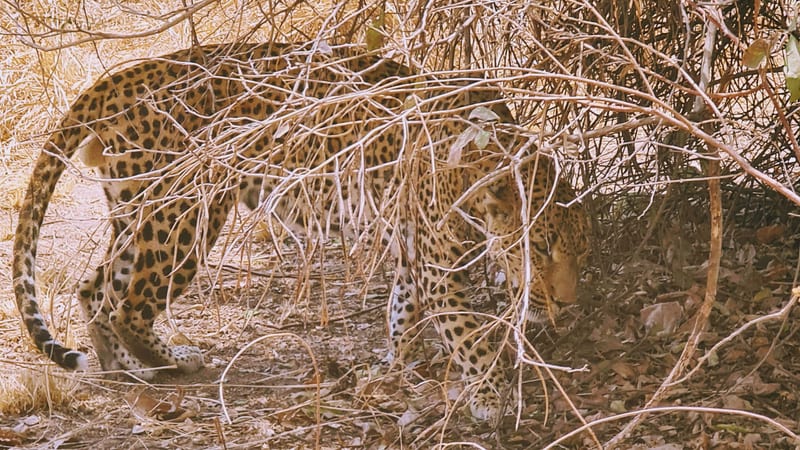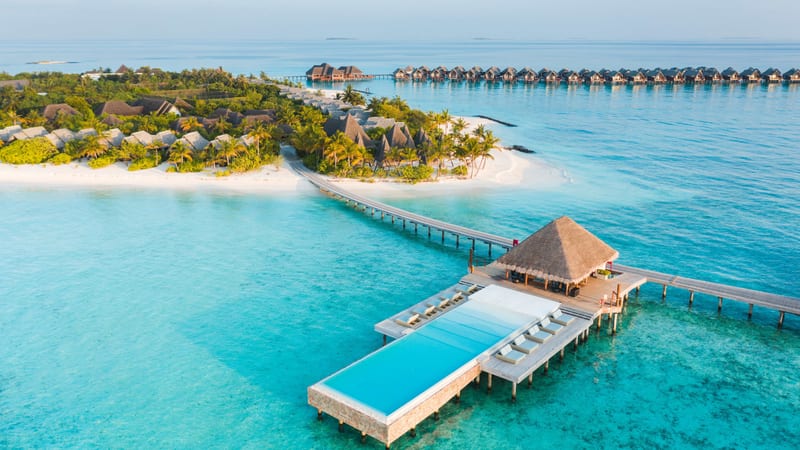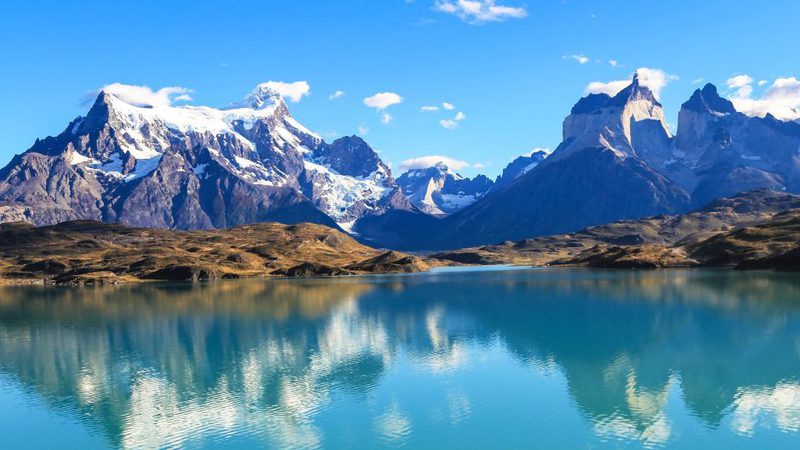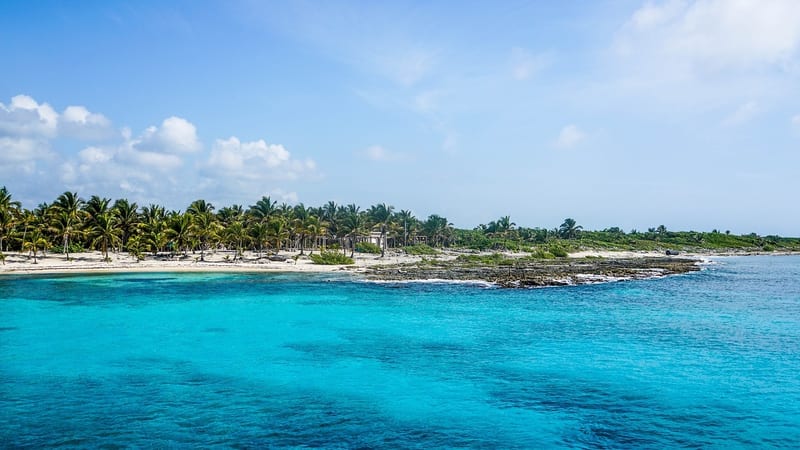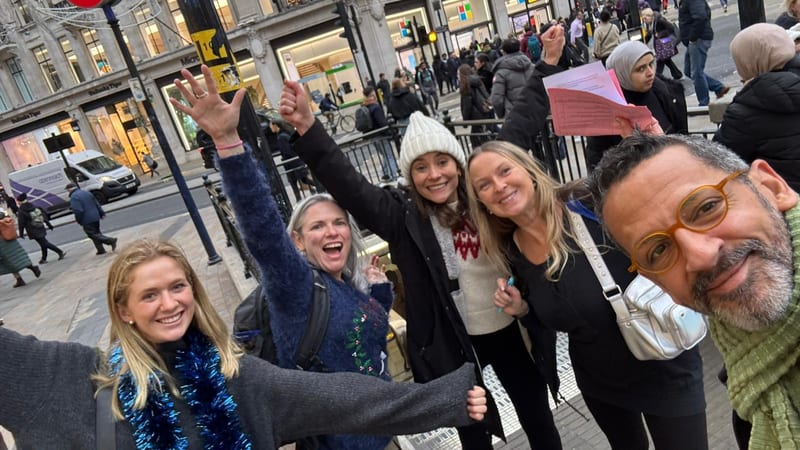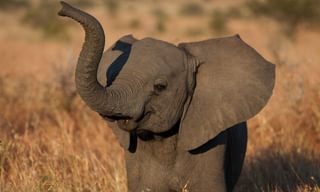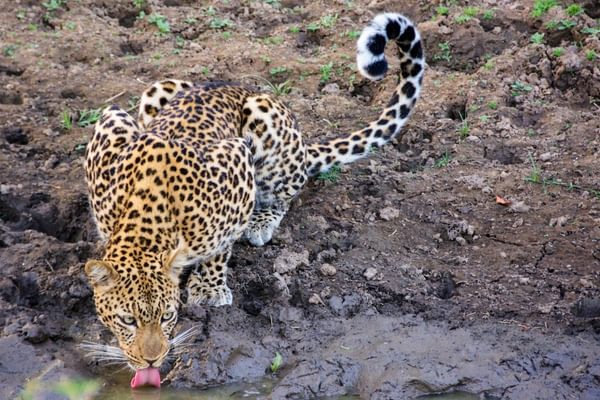More unique holidays for 2024
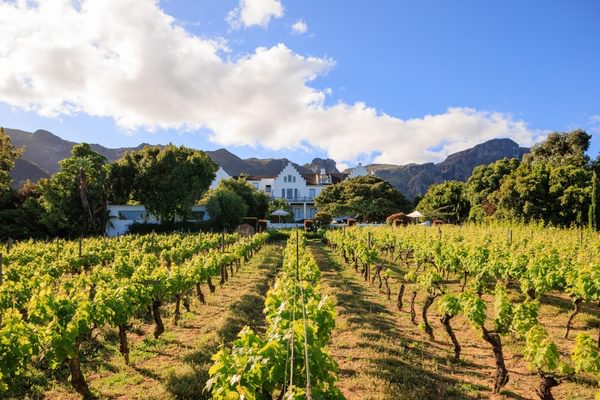
Classic Cape, Kruger and Vic Falls Experience
- Cape Town
- Sabi Sand
- Victoria Falls
- 11 days
- From £9,550 pp.
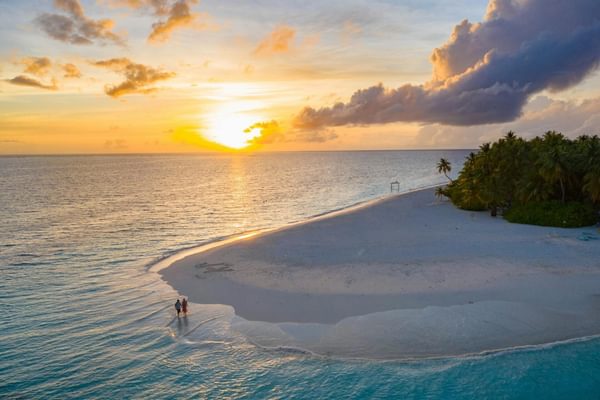
Cape Town, Kruger and Mauritius Honeymoon
- Cape Town
- Timbavati
- Mauritius
- 15 days
- From £7,618 pp.
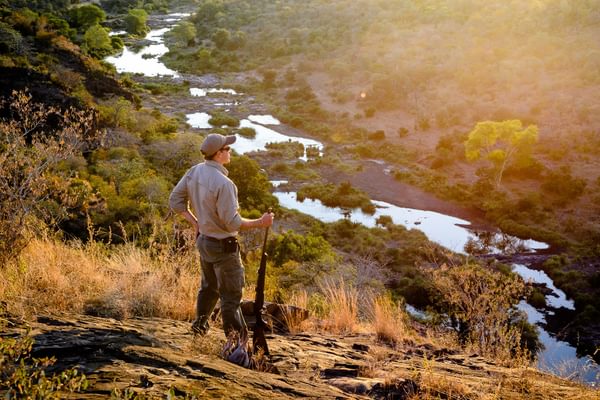
Self-Drive Kruger & Mozambique Adventure
- Panorama Route
- Kruger Park
- Vilanculos
- 12 days
- From £2,819 pp.
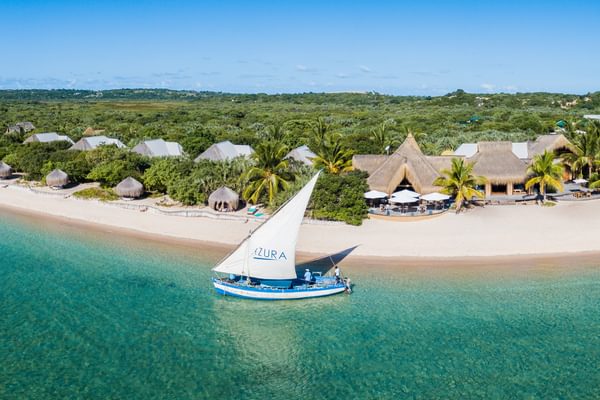
Luxury Kruger and Mozambique Honeymoon
- Sabi Sand Wildtuin
- Benguerra Island
- 10 days
- From £8,573 pp.
Speak to one of our experts today.
Start planning your next holiday.
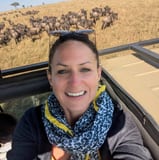
Ruth
Travel Expert

